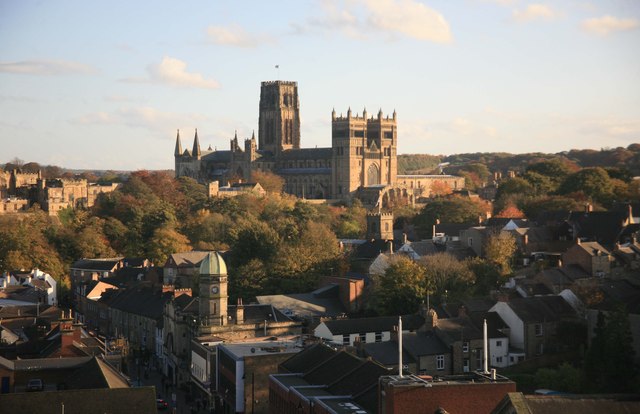The Evolving Civic Role of Universities
Jane Robinson is the Chief Operating Officer at Durham University, having previously worked in local government and the creative sector. Here she reflects on the recently announced UPP Foundation Civic University Commission.


The combination of legislative, regulatory and funding reform – plus a political discourse questioning widening inequalities and the value of universities – has the potential to create a perfect storm for the sector.
This is leading many to focus less on what a university is good at, but rather what it is good for. The Civic University Commission is, therefore, a timely opportunity to debate and influence some key issues.
Different perspectives
The idea of civic engagement and a placed-based approach is, of course, not new. All places are (and should be) different and, therefore, no one size fits all. But there are common characteristics of successful places and opportunities to learn from these experiences in the UK and beyond.
As someone who has recently joined higher education, I draw on my experiences from local government and the creative sector.
In Gateshead, where I was the local authority’s chief executive for a number of years – a place which J.B. Priestley (in)famously described as “Newcastle’s dirty back lane” – we were faced with the legacy of industrial decline, austerity, reform of public services, and growing demand. In this context, we re-thought our approach to “place-shaping”, as Michael Lyons described it, leading to a transformation through cultural regeneration with a renewed sense of pride and optimism.
We developed a collaborative approach, bringing together learning providers, businesses, public agencies, and communities – all working to resolve shared problems and maximise opportunities. Universities played a key role. An example was our partnership with Northumbria University – a mutually beneficial and an integrated approach, focussed on shared objectives. Together with our partners, communities, and students we raised aspirations in schools, increased graduate start-ups and business productivity, regenerated and revitalised our town centre, and built on our world-leading cultural offer, attracting people from across the world to live, work, visit and invest.
Higher education brought the expertise to help us span the innovation divide, build capacity and act as a catalyst to accelerate the delivery of economic and social value.
This ability to drive economic and social value through collaboration is also at the heart of Durham University’s approach, where the goals of excellent research, teaching and student experience, combining global reach and local impact, are seen as complementary and mutually reinforcing. Our partnership with Northumbrian Water, Durham County Council and the Environment Agency tackles real problems that affect local people, such as flooding, with our researchers and students working with communities to test and scale new ideas, collaborating with local SMEs. But we also work to address global environmental challenges, such as drought resilience in Africa. As well as making a direct contribution to the economy, the university acts as a window on the world, bringing together the global and local.
Five steps
There are, of course, many excellent examples of authentic civic engagement up and down the country. The commission is currently calling for evidence and it is an important opportunity to reflect on best practice, but also develop our thinking and that of politicians and policy makers, as well as shifting the current public debate. So my starting position for the commission, building on the recent article by Alex Miles at the University of Nottingham, would be:
1. Learn from experience both within the UK and beyond – the conversation needs to go beyond the sector, for example involving CBI, Local Government Association, Big Lottery Fund, and across Whitehall departments.
2. We need to develop skills and capacity to facilitate boundary-spanning within universities and across local areas – programmes such as Common Purpose and Leading Places are good examples.
3. Shift the paradigm from the institution’s perspective to the individual’s. Universities have a transformational impact on people’s lives – both students and communities – but we often start from a top-down institutional view.
4. We need to understand how to navigate and work with new democratic structures, such as mayoral authorities, within a complex national framework. That means investing time and energy to learn about how these systems work, and to identify the best opportunities for university engagement.
5. In an increasingly regulated and transactional environment, the reality is that what gets measured is what gets done, so we need to influence and create a more nuanced approach to defining value for money and make sure we are driven by outcomes, rather than outputs. Otherwise we risk hitting the target, but missing the point.
This post was originally published by Wonkhe.
